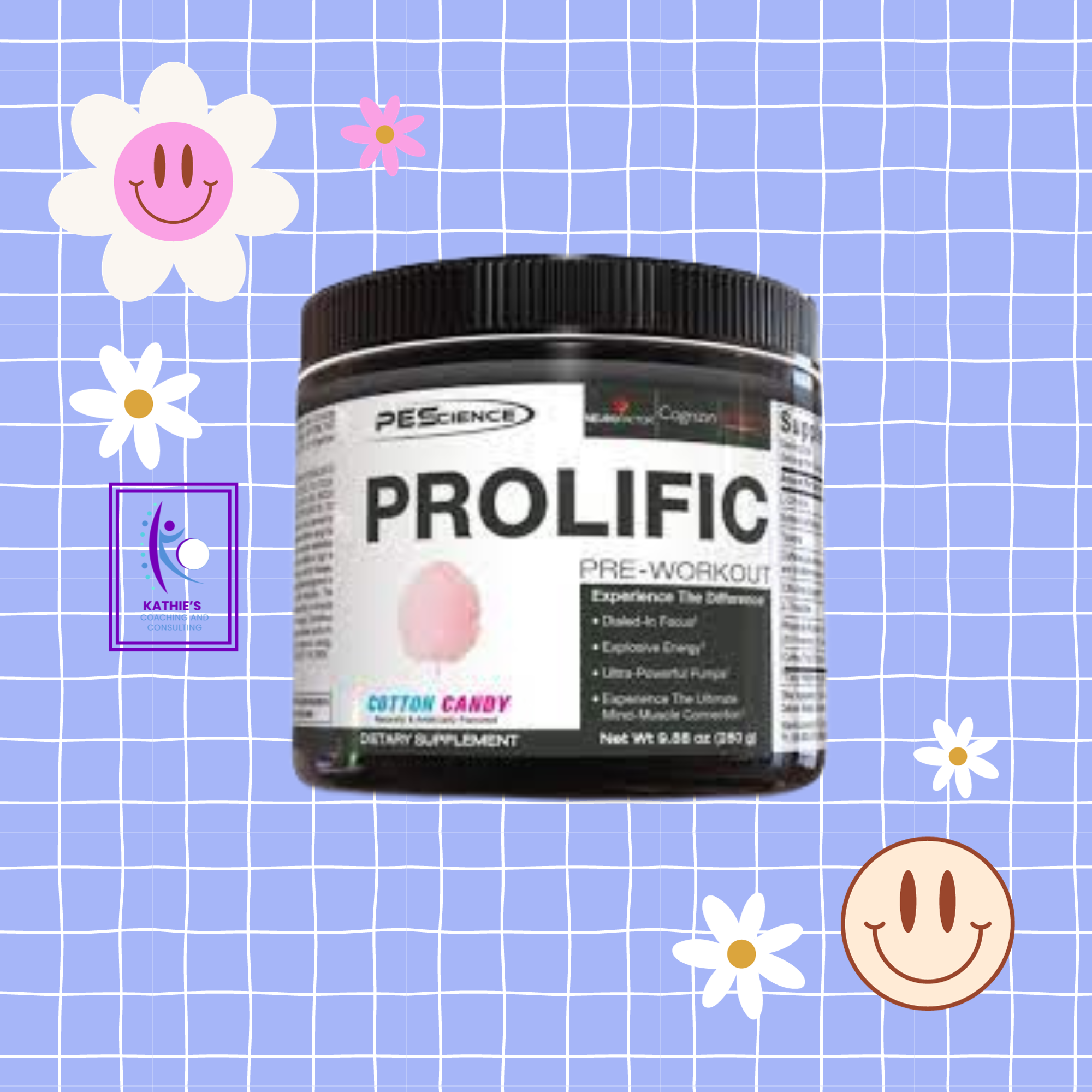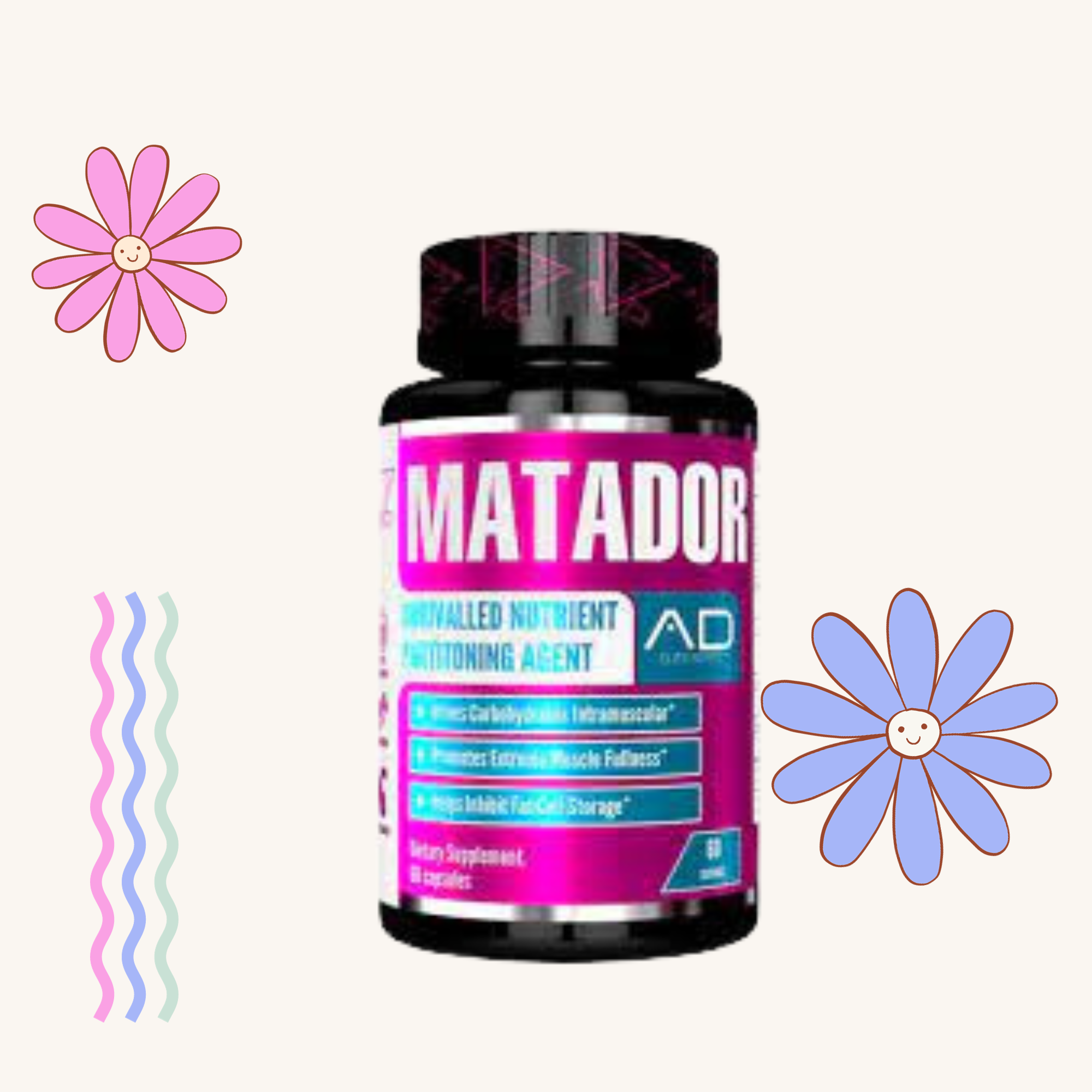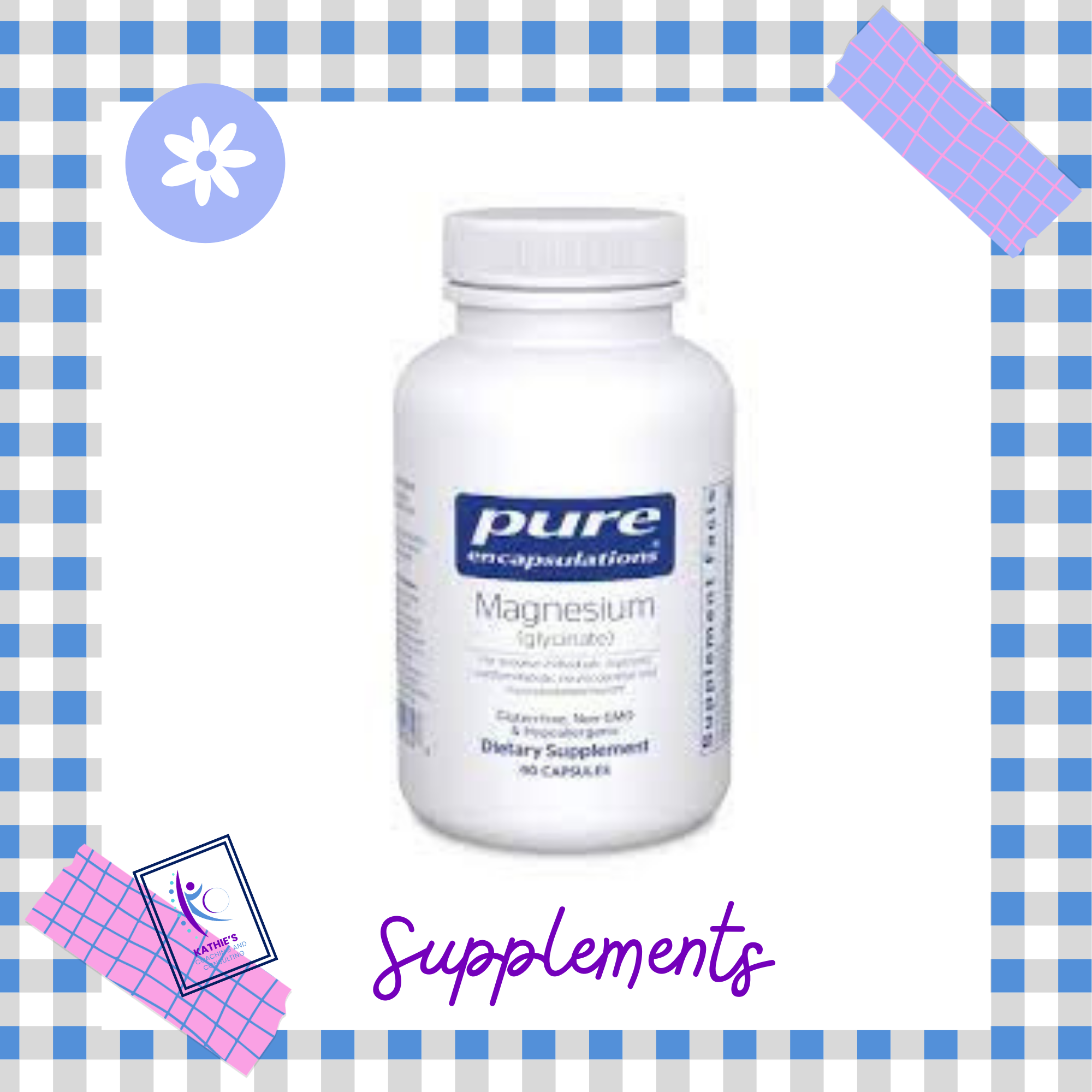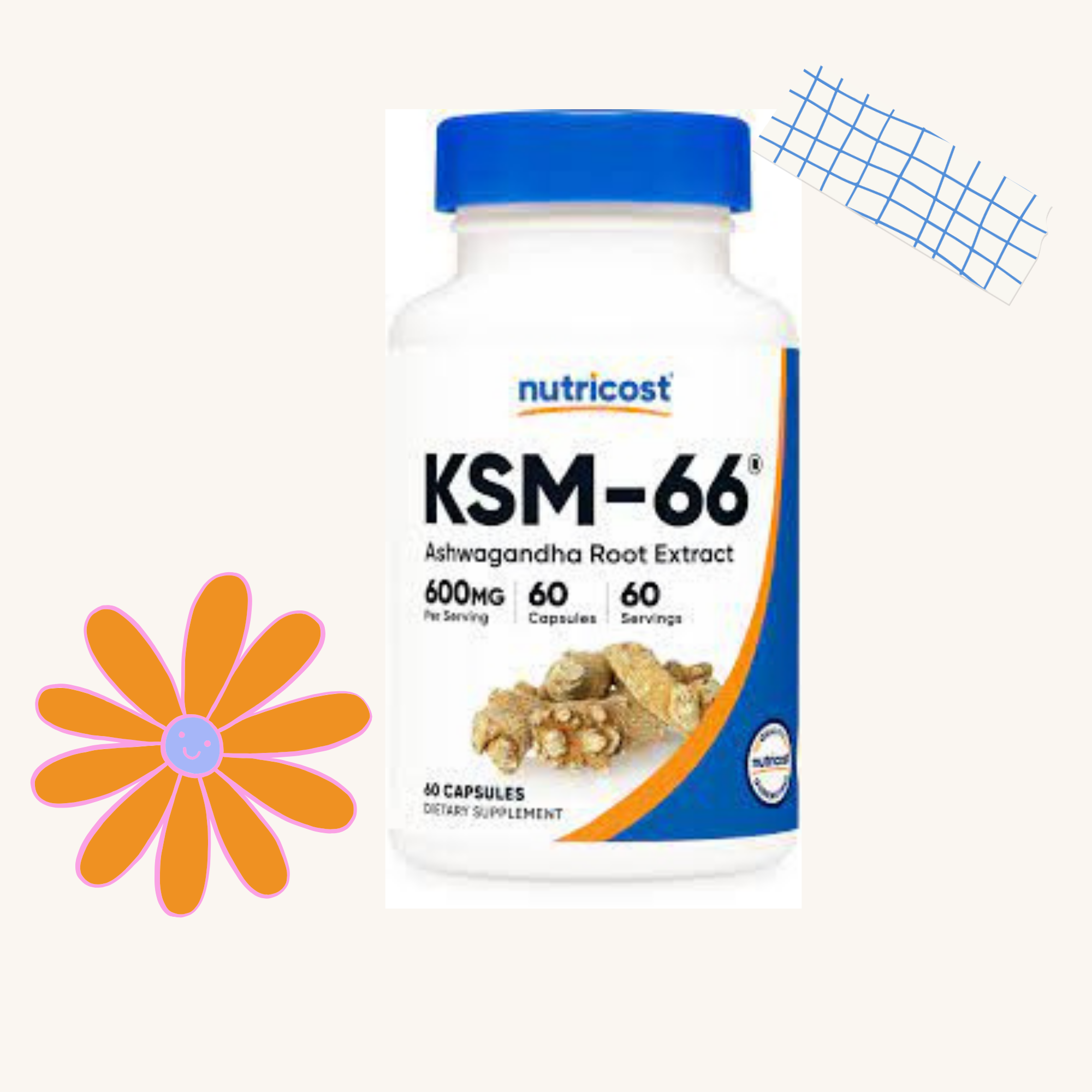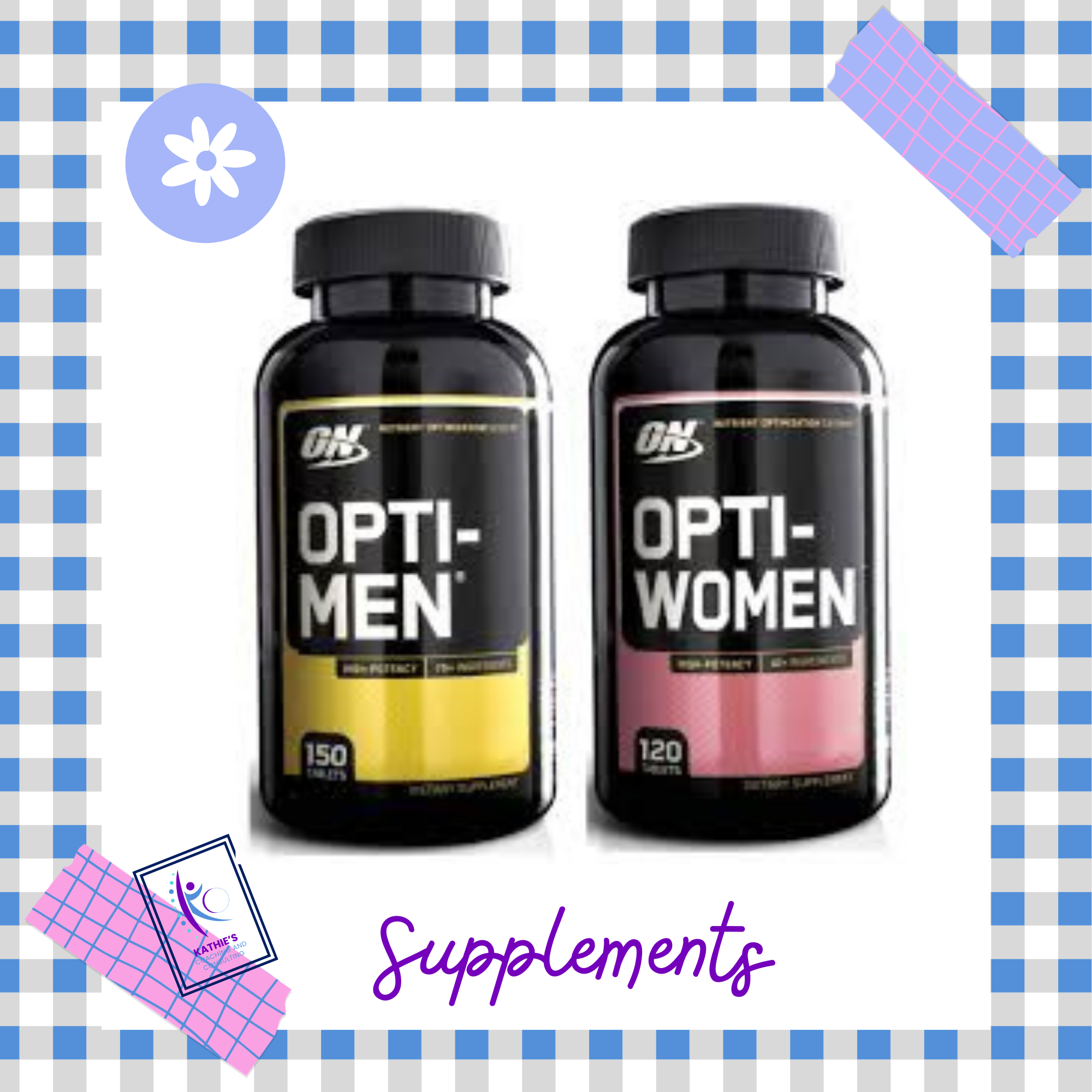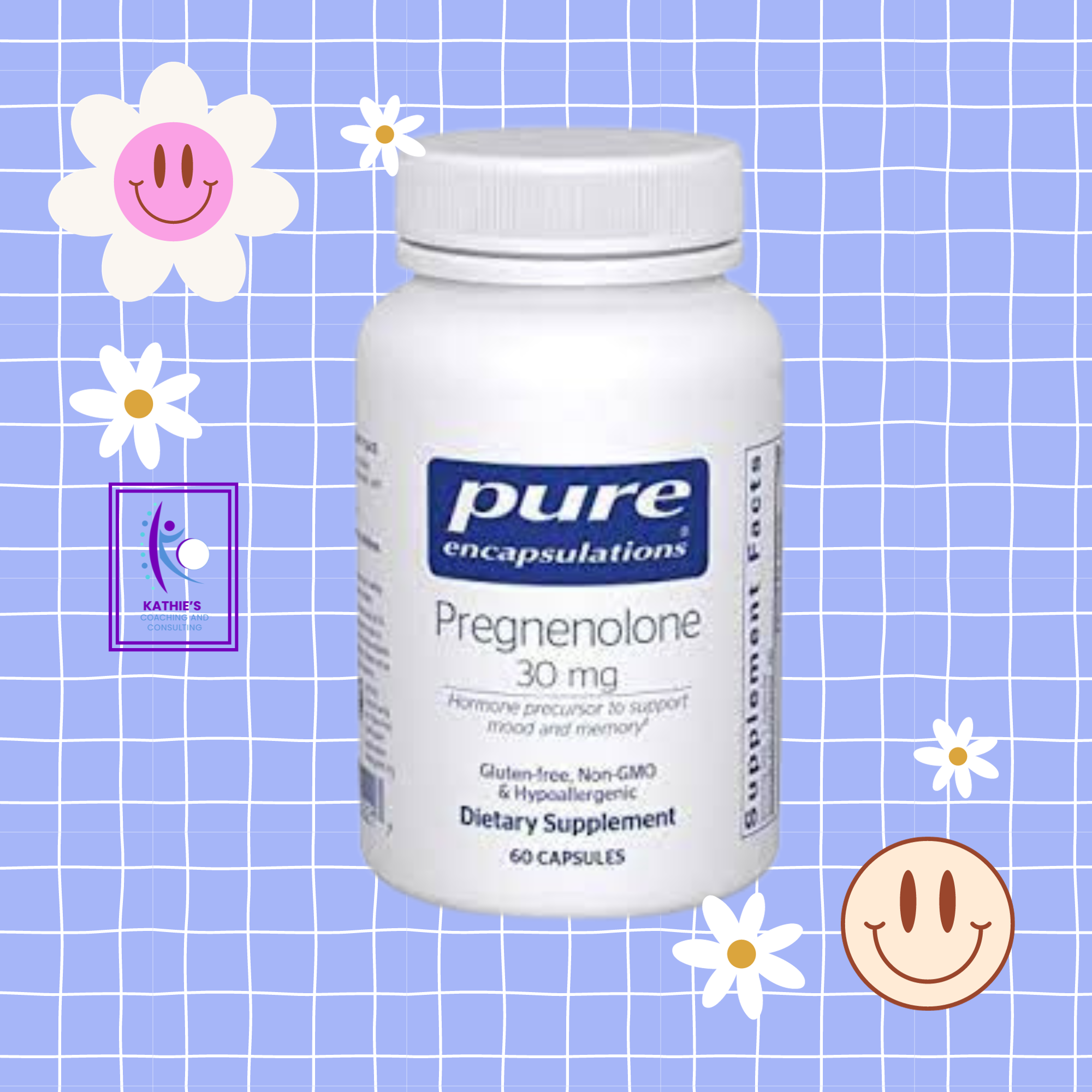Vitamin D
Vitamin D
…..is a fat-soluble vitamin that plays a crucial role in various bodily functions. It is often referred to as the "sunshine vitamin" because the body can produce it when the skin is exposed to sunlight. Here are the benefits and considerations:
Benefits:
Bone Health: Vitamin D is essential for the absorption of calcium and phosphorus in the gut, making it vital for maintaining strong and healthy bones. It helps prevent conditions like osteoporosis and rickets, especially in older adults.
Immune System Support: Vitamin D is known to play a role in supporting the immune system. It may help regulate immune responses and reduce the risk of infections. Adequate vitamin D levels are particularly important for older adults, as they may be more susceptible to infections.
Mood and Mental Health: Some studies suggest a link between vitamin D deficiency and mood disorders like depression. Ensuring sufficient vitamin D levels may contribute to better mood and mental well-being.
Heart Health: There is evidence to suggest that vitamin D may play a role in cardiovascular health. It may help regulate blood pressure and reduce the risk of heart disease.
Cancer Prevention: Some studies have explored the potential role of vitamin D in reducing the risk of certain types of cancer, such as breast, prostate, and colorectal cancer. However, more research is needed in this area.
Autoimmune Conditions: Adequate vitamin D levels may help reduce the risk of autoimmune diseases and manage symptoms in individuals with existing autoimmune conditions.
Considerations:
Sunlight Exposure: While sunlight is a natural source of vitamin D, older adults may have reduced skin production of vitamin D due to age and limited sun exposure. Depending on your geographical location, the time of year, and other factors, it may be challenging to obtain sufficient vitamin D from sunlight alone.
Dietary Sources: Vitamin D can be obtained from dietary sources like fatty fish (e.g., salmon, mackerel), fortified dairy products, and supplements. If you have difficulty getting enough vitamin D from sunlight and diet, supplementation may be necessary.
Supplementation: The recommended daily intake of vitamin D varies by age and individual needs. Your healthcare provider can help determine the appropriate dose for you, especially if you have specific health concerns or deficiencies.
Health Conditions: Certain medical conditions, medications, and factors like malabsorption can affect vitamin D absorption and metabolism. It's important to discuss your vitamin D needs with a healthcare professional, particularly if you have underlying health conditions.
Toxicity: While vitamin D is essential, excessive supplementation can lead to toxicity, causing symptoms like nausea, vomiting, and hypercalcemia (elevated levels of calcium in the blood). Always follow recommended dosages.
Vitamin D is a crucial nutrient with a wide range of benefits for overall health, particularly for older adults who may be at greater risk of deficiency. Ensuring adequate vitamin D levels through sunlight exposure, dietary sources, or supplements can contribute to better bone health, immune function, mood, and overall well-being. Consult with a healthcare professional to determine your specific vitamin D needs.




